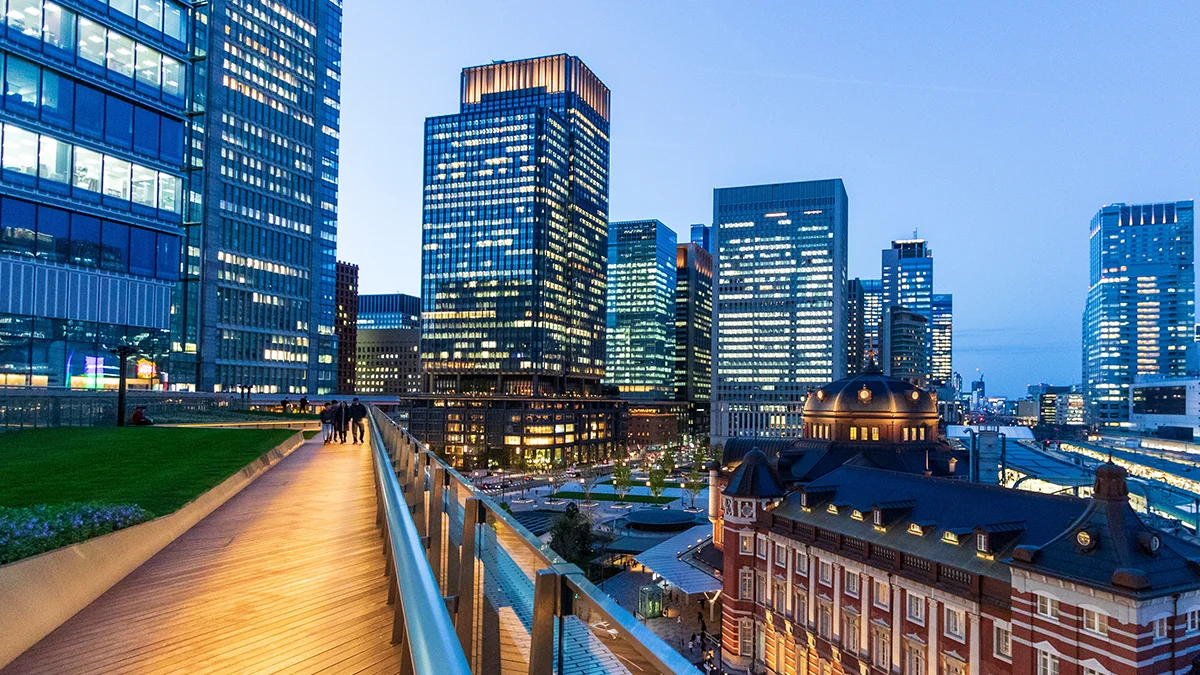• The insurance industry will likely be the first to be affected by a lack of attention to climate and sustainability issues, said Michael Lies, chair of Zurich Insurance at the Global Insurance Forum.
• The industry is struggling to balance sustainability at a macro level while helping clients achieve their own sustainability goals at a micro level.
• To tackle this issue, insurers should be at the table and involved in discussions around ESG, said Paul O’Neill, of Sompo International.
• A significant chunk of global GDP is spent on risk-sharing systems, said Rowan Douglas, CEO of climate risk and resilience at Howden Group. Insurers are poised to help create a just transition.
The insurance sector is likely to be called upon to be the “adult in the room” and help balance risks to the economy and our way of life posed by climate change and sustainability issues, but the industry is at an inflection point in its accessibility journey, industry leaders said at the Global Insurance Forum in Singapore on November 6.
As one of the industries likely to be most affected by a lack of care of climate and sustainability, the current situation is “an acid test of our conviction”, Michel Lies, Chairman of Zurich Insurance, told industry leaders during a panel on sustainability.
“If we are convinced of what we’re doing, and convinced of the evolution of what we are addressing – the famous balance between short term and long term, I do believe that the fact that some people do negate that (climate change) is occurring is a nice acid test for some of us,” he said in pre-recorded remarks.
Lies said insurers should keep a balanced view, as sustainability becomes a controversial topic and debates increasingly politicised.
“On one side, you have people negating what is happening, and on the other side, you have activists who want to see things changing from one day to the other,” he said. “I strongly believe that the way in which we bring truth, the way in which we discuss openly about the (ESG) evolution, the transition, is very important.”
Unfortunately, the sector is still very siloed, said Paul O’Neill, President of Commercial Lines APAC at Sompo International.
“The industry is struggling to deal with where it sits,” O’Neill said during a panel on sustainability. Some companies have made sustainability issues core to their corporate DNA and are very public about it, but others are just following regulatory requirements.
“I think it’s how we approach (it) across the whole industry, how we’re trying to find solutions,” he added.
O’Neill thinks that the real opportunity for insurers to add value is to be at the table, where transparent and open dialogue about sustainability and environmental, social and corporate governance (ESG) practices occurs.
“I think you have to have open discussions like this forum, for example. Create environments where we can do that… You have to have more forums that are practical, not political,” O’Neill said.
The industry is struggling with how to tackle sustainability at a macro level while helping its clients achieve their sustainability goals.
“We need to engage with the regulator. We need to engage with non-profit organisations. We need to engage with best practice groups. And we need to bring to those discussions the concerns… at a micro level, and that’s what we need to do, to be at the table,” he said.
Adopting risk models
Insurers can replicate models that incorporate the most extreme risks and apply that to other parts of the financial sector, said Rowan Douglas, chief executive of climate risk and resilience at Howden Group.
“We need to retrain the invisible hand to take a whole set of risks which are currently not being properly encoded into decision making and valuation,” he said.
A significant chunk of global GDP is spent on risk sharing systems, said Douglas.
“We call it welfare… but it’s basically communities coming together through taxation or through insurance premiums to create pooled assets which are then an entitlement if certain things happen,” Douglas said.
“These days – we call it, this is a buzzword, a ‘just transition’,” he added.
A just transition is going to require private, public and all forms of insurance to understand and manage the spread of risk globally across generations. There is a political risk that societies become dislocated, Douglas said, drawing a parallel to a post-WWII population that was hopeless about the future. “We are getting into the same stage now… if we don’t make these changes now, in 30 years, the risks will be so great.”
The insurance industry should try to avoid being there only to cover the financial losses when something bad happens, said Lies.
“We’re not there only to pay the results of what happens financially, but we should contribute as much as we can to try to avoid what is happening,” he said. “We can represent a piece of the solution.”
There are so many risks on Earth that this is probably the moment in which insurers can demonstrate their added value within the financial services industry.
“We do not solve everything, but we can contribute to a lot of solutions.”
























